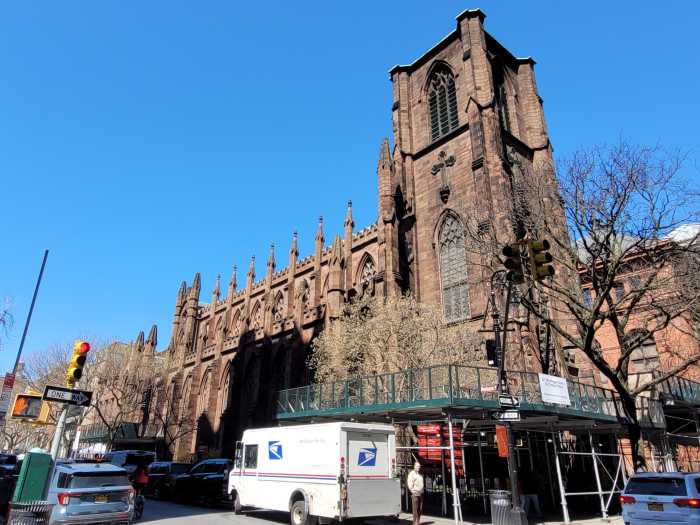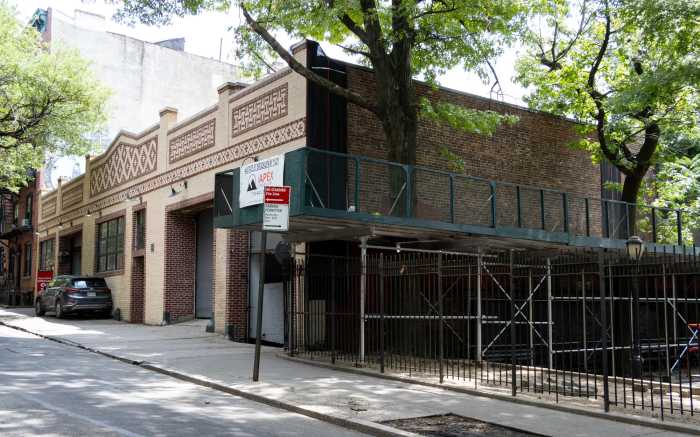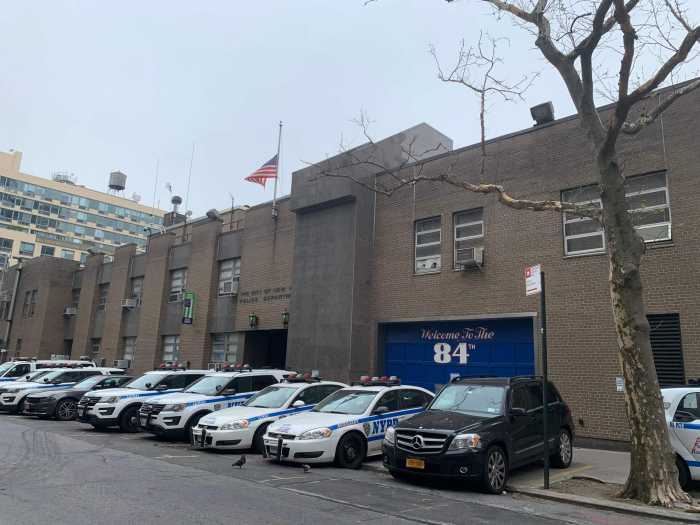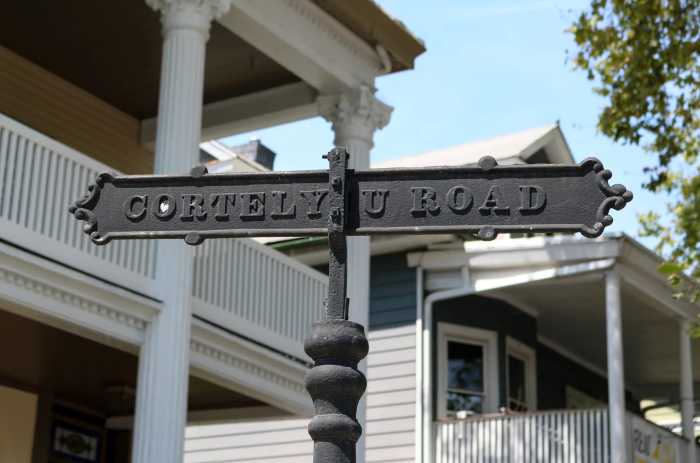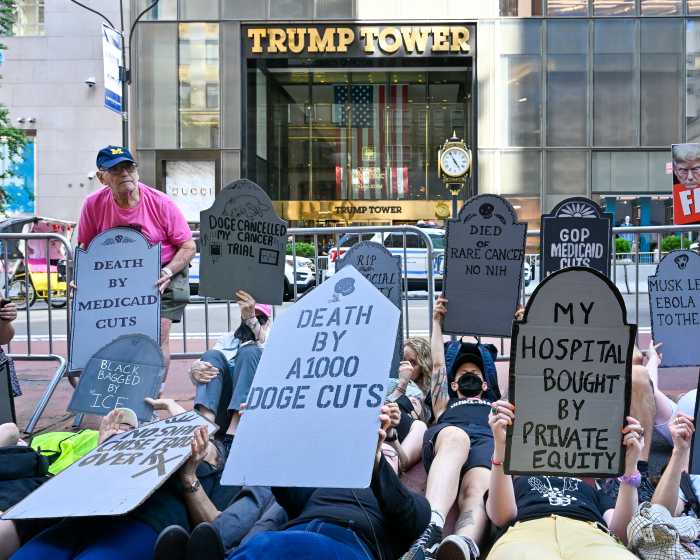From a massive 65−story tower with mixed retail⁄residential uses at the Dekalb⁄Flatbush intersection to a hole in the ground that threatens to blight the Fulton Mall.
That could be what’s at stake as developers for the proposed City Point Tower remain deadlocked with the city over the only city−owned property slated for development following the massive 2004 upzoning of Downtown Brooklyn.
That vacant site, the former Albee Square Mall, is bounded by where Dekalb Avenue meets the Fulton Street Mall and extends north to where Willoughby Street meets Flatbush Avenue.
The city has been in negotiations with the new ownership consortium of PA Associates⁄Acadia Realty Trust⁄McFarlane Realty since the group purchased the long−term lease for the land from developer Joe Sitt for a reported $125 million in 2007.
In the complicated three−way deal, the city’s Economic Development Corporation (EDC) worked out a separate contract with the new leassee that involved development and transferring ownership over a period of time.
The consortium also released drawings of the proposed City Point Tower, which would have included up to 800 units of market and affordable housing and a major retailer on the ground floor.
Last December, McFarlane Realty went before the city’s Housing Development Corporation seeking $400 million in tax exempt bonds for the project, but HDC has yet to greenlight the selling of bonds.
HDC spokesperson Mathew Wambua said while the application for the bond issuance was done in an open hearing there is no timeline on when a decision is made.
What has to happen is McFarlane has to get the entire project underwritten, and get HDC a full set of numbers as well as get a bank that provides credit enhancement for the bonds should they default, he said.
McFarlane did not return several calls for comment.
EDC spokesperson Janel Patterson said while the EDC is the lead city agency in the deal, they are not involved with HDC financing.
One source familiar with the negotiations between the developers and the EDC said the major changer in the deal is the marketplace as it involves price per square foot and the ultimate transfer of parcel ownership.
“Financing is hard to come by and no major office tenants are moving to Brooklyn and rents are falling all over the place. Everybody is trying to come to grips with that and that’s not the easiest thing to do,” said the source.
The source noted the irony of how the upzoning spurred massive highrise residential and hotel development on privately−owned property while the only city−owned property slated for development is stalled.
The deal questions the role of the EDC, said the source, are they supposed to induce investment or get the highest return on their asset? Those things are often in conflict with each other.
Patterson admitted the economic downturn opens up other considerations.
“In the current economic climate, EDC is working with the developer to keep the project moving. We anticipate that construction will begin next year,” she said.
Meanwhile the Downtown Brooklyn Partnership, the quasi−public⁄private development corporation charged with developing the area, said they are not part of the negotiations.
“It wouldn’t be wise to release the details of negotiations between the city, the developer or any interested parties,” said DBP spokesperson Lee Silberstein. “The focus should be on forging an agreement that allows a development to proceed.”



